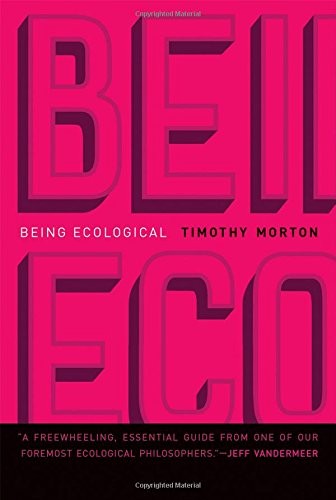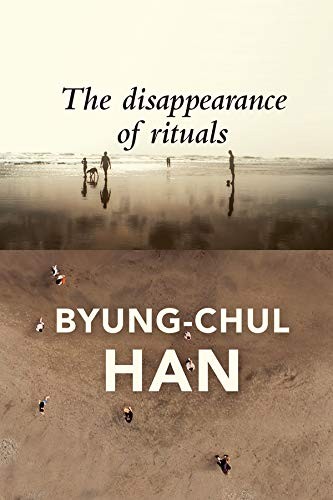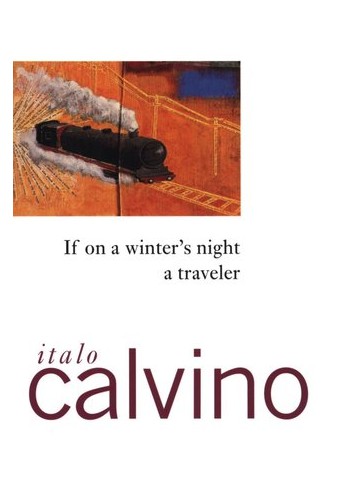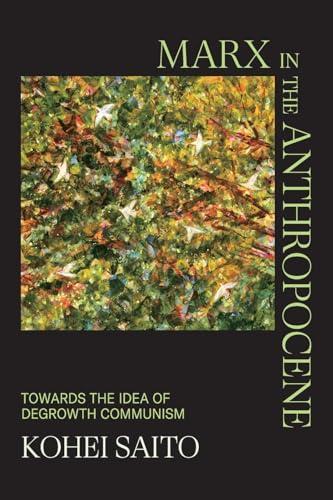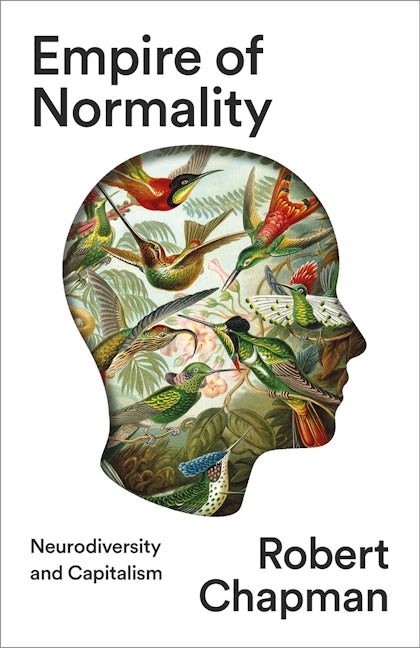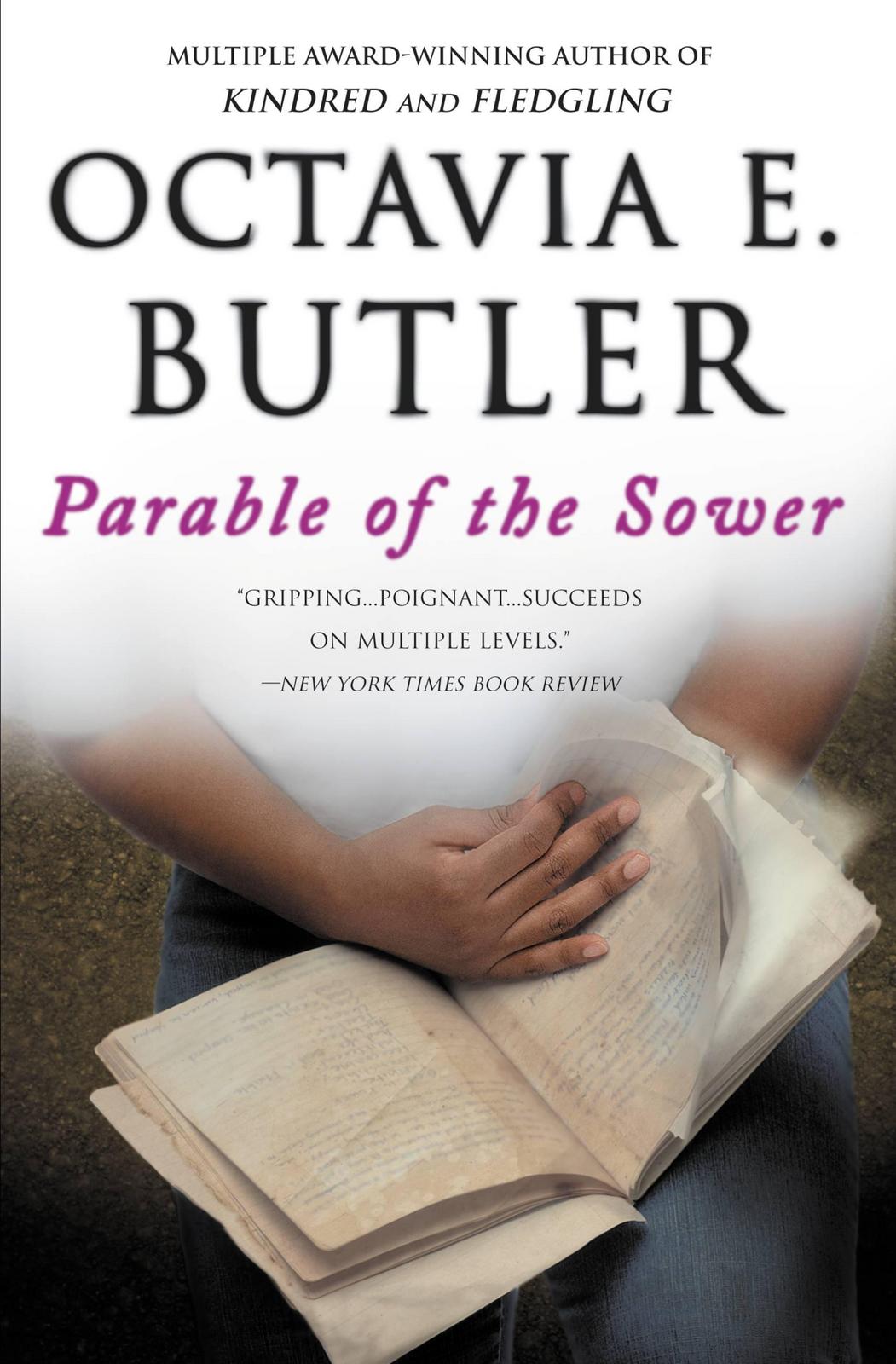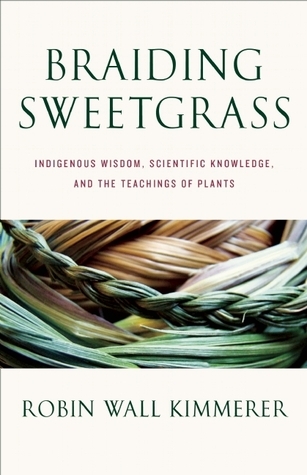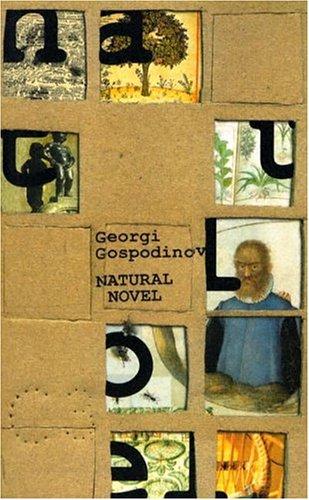Nat reviewed Natural novel by Georgi Gospodinov
Maybe you've just got to read it
3 stars
An old friend told me to read Natural Novel many years ago. They told me they had found it on their e-reader one day and weren't really sure where it came from. Natural Novel is a very strange book, and so that felt like a fitting way to go into it.
It feels pretty short compared to some postmodernist fiction I've read. It's hard to explain, particularly without giving away the whole thing. That might be one of its limitations: Natural Novel has one conceit, but I think it does it well.
An old friend told me to read Natural Novel many years ago. They told me they had found it on their e-reader one day and weren't really sure where it came from. Natural Novel is a very strange book, and so that felt like a fitting way to go into it.
It feels pretty short compared to some postmodernist fiction I've read. It's hard to explain, particularly without giving away the whole thing. That might be one of its limitations: Natural Novel has one conceit, but I think it does it well.
